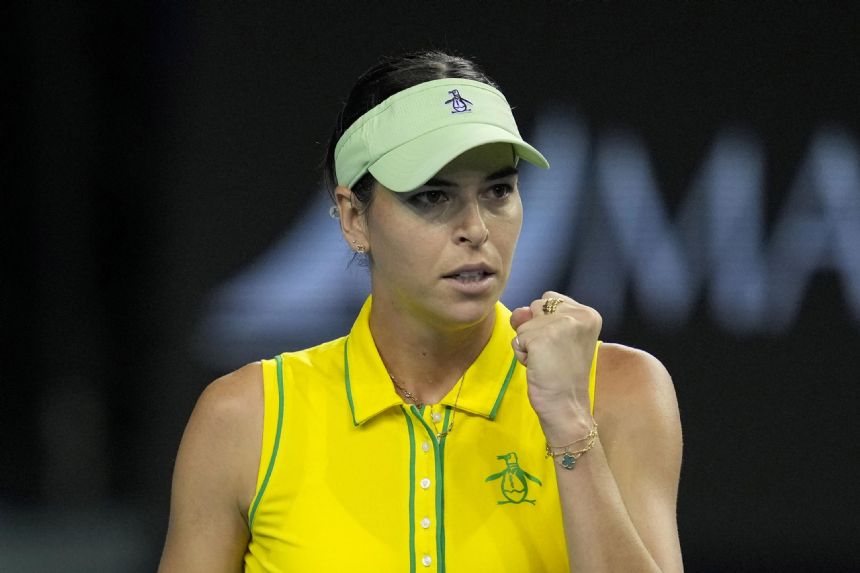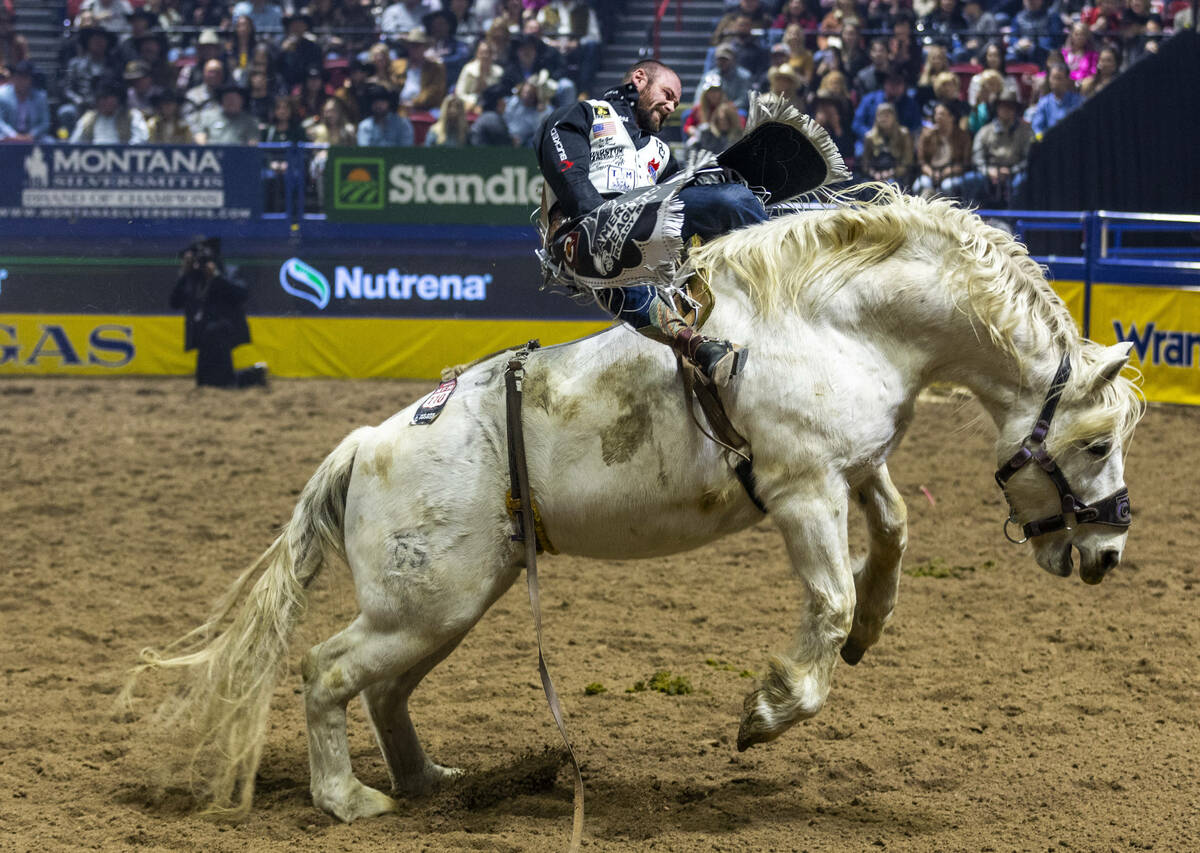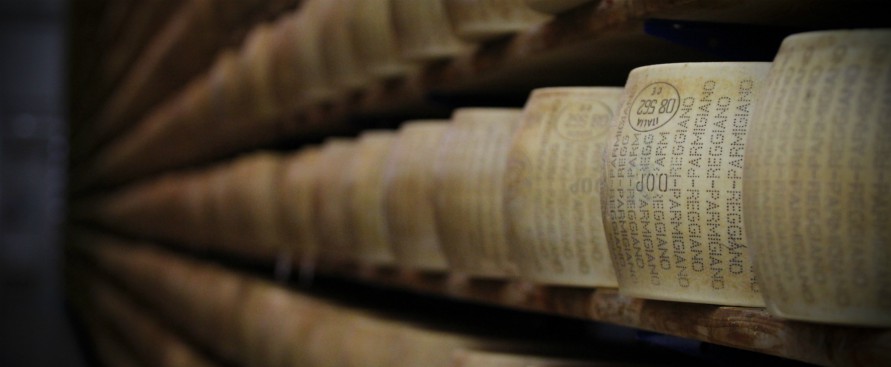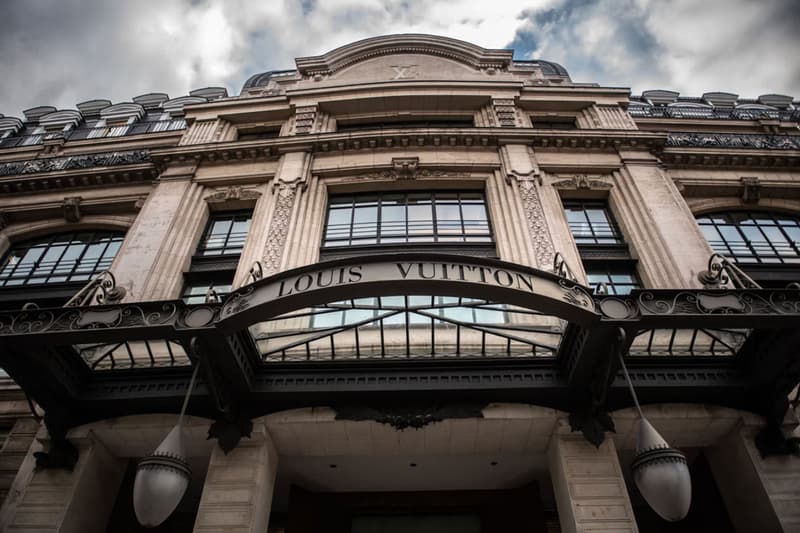Can Jordan Bardella Lead The Opposition To Victory In France?

Table of Contents
Bardella's Strengths: A New Face for the National Rally
Bardella's rise to leadership marks a significant shift for the National Rally. His youth and modern approach offer a stark contrast to the party's often perceived outdated image.
Youth and Modern Image:
Bardella's youthful energy and modern communication style are key assets.
- Strong social media presence: He effectively utilizes platforms like Twitter and Facebook to directly engage with voters, bypassing traditional media gatekeepers.
- Engaging public speaking: His speeches are characterized by a directness and passion that resonates with many, particularly younger voters disillusioned with traditional politics.
- Ability to connect with younger voters: Unlike previous National Rally leaders, Bardella appeals to a broader demographic, successfully attracting support beyond the party's traditional base.
For example, his use of short, impactful video clips on TikTok has proven remarkably successful in reaching younger audiences, a demographic historically less engaged with the National Rally. His speeches often focus on relatable everyday concerns, further bolstering his connection with ordinary citizens.
Riding the Wave of Populism:
Bardella expertly capitalizes on growing populist sentiment in France, focusing on issues that resonate deeply with a significant portion of the electorate.
- Focus on key issues resonating with voters: Immigration, the rising cost of living, and concerns about national security are central to his political platform.
- Effective framing of key issues: He presents these issues in a way that resonates with anxieties about globalization and perceived threats to French identity and culture.
By emphasizing these issues, Bardella presents himself as a champion of the "forgotten" French citizen, a powerful message in a nation grappling with economic inequality and anxieties about the future. His approach differs from Marine Le Pen's in its focus on digital communication and a more nuanced presentation of populist themes.
Bardella's Challenges: Overcoming the National Rally's Legacy
Despite his strengths, Bardella faces significant hurdles in his quest for power. The National Rally’s history casts a long shadow, and overcoming this legacy is crucial for electoral success.
The Party's Past:
The National Rally, formerly the Front National, carries the baggage of extremism and anti-immigrant sentiment. This past continues to hinder its acceptance by many French voters.
- Need to moderate the party's image: Bardella must carefully manage the party’s public perception, distancing it from controversial figures and policies of the past.
- Addressing concerns about extremism: He needs to convince centrist and left-leaning voters that the National Rally is a reformed party, committed to democratic values.
Successfully navigating this challenge requires careful strategic communication and demonstrable actions to demonstrate a break from the party's more controversial past. This includes actively condemning extremism and promoting inclusive policies, although these efforts are still met with scepticism by some.
Uniting the Opposition:
The fragmented nature of the French opposition severely complicates Bardella's path to power. Building alliances and fostering cooperation is a major obstacle.
- Challenges in finding common ground with other opposition parties: Ideological differences between the National Rally and other parties, such as Les Républicains and the various left-wing factions, create significant barriers to coalition-building.
- Potential conflicts of ideology: Even on issues where common ground seemingly exists, deep-seated ideological differences often prevent effective collaboration.
Bardella's ability to bridge these divides and build trust with other opposition leaders will determine whether he can effectively unite the opposition against President Macron. His current relationships with other political figures are mixed, suggesting that forging strong alliances will be a difficult undertaking.
Electoral Prospects: The Path to Victory (or Defeat)
Bardella's electoral prospects hinge on his ability to overcome the challenges outlined above and capitalize on the opportunities presented.
The Presidential Landscape:
Bardella’s chances in the next presidential election are difficult to predict.
- Potential opponents: The field of potential opponents is vast and includes established figures like Emmanuel Macron and other prominent leaders from various parties.
- Key policy debates: The key policy debates will likely center on immigration, economic inequality, and national security, all areas where Bardella has attempted to carve out a strong position.
- Electoral strategies: His campaign strategy must effectively counter the criticisms leveled against the National Rally while appealing to a broad enough base of voters to secure victory.
His relative youth and inexperience compared to other potential candidates could be a disadvantage, but his strong communication skills could help him overcome this hurdle.
Legislative Success:
Legislative elections provide a different, potentially more achievable pathway to influence.
- Regional variations in support: The National Rally enjoys stronger support in certain regions of France, providing a foundation for legislative gains.
- Potential for coalition-building: Although challenging, success in legislative elections could create opportunities for coalition-building and increased influence, even without presidential victory.
Success in regional elections would signal a significant shift in the political landscape and strengthen his position as a credible leader of the opposition.
Conclusion:
This article explored Jordan Bardella's potential to lead the French opposition to victory. While his youth, modern image, and ability to tap into populist sentiment offer significant strengths, the National Rally’s historical baggage and the fragmented opposition landscape pose formidable challenges. The question of whether Jordan Bardella can truly lead the opposition to victory remains open. His success hinges on his ability to successfully navigate these complexities. Further research and analysis of his political strategy are crucial to understanding his potential impact on the future of French politics. Continue to follow the developments surrounding Jordan Bardella and the French Opposition to stay informed.

Featured Posts
-
 Kazakhstan Secures Billie Jean King Cup Playoff Spot After Australia Win
May 24, 2025
Kazakhstan Secures Billie Jean King Cup Playoff Spot After Australia Win
May 24, 2025 -
 Neal Mc Donoughs Pro Bull Riding Debut In The Last Rodeo
May 24, 2025
Neal Mc Donoughs Pro Bull Riding Debut In The Last Rodeo
May 24, 2025 -
 Konchita Vurst Pro Yevrobachennya 2025 Peredbachennya Ta Analiz
May 24, 2025
Konchita Vurst Pro Yevrobachennya 2025 Peredbachennya Ta Analiz
May 24, 2025 -
 Analisi Dei Dazi Sugli Stati Uniti E Il Costo Della Moda
May 24, 2025
Analisi Dei Dazi Sugli Stati Uniti E Il Costo Della Moda
May 24, 2025 -
 Lvmh First Quarter Sales Disappoint Shares Fall 8 2
May 24, 2025
Lvmh First Quarter Sales Disappoint Shares Fall 8 2
May 24, 2025
